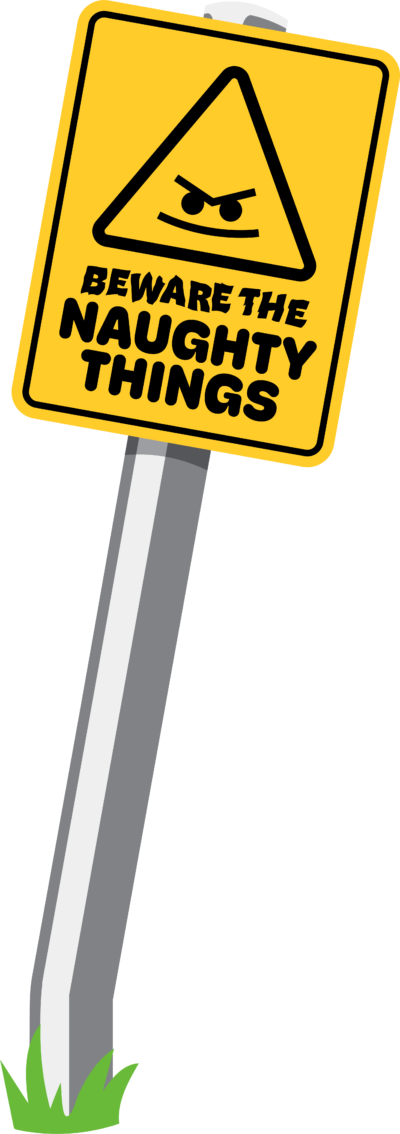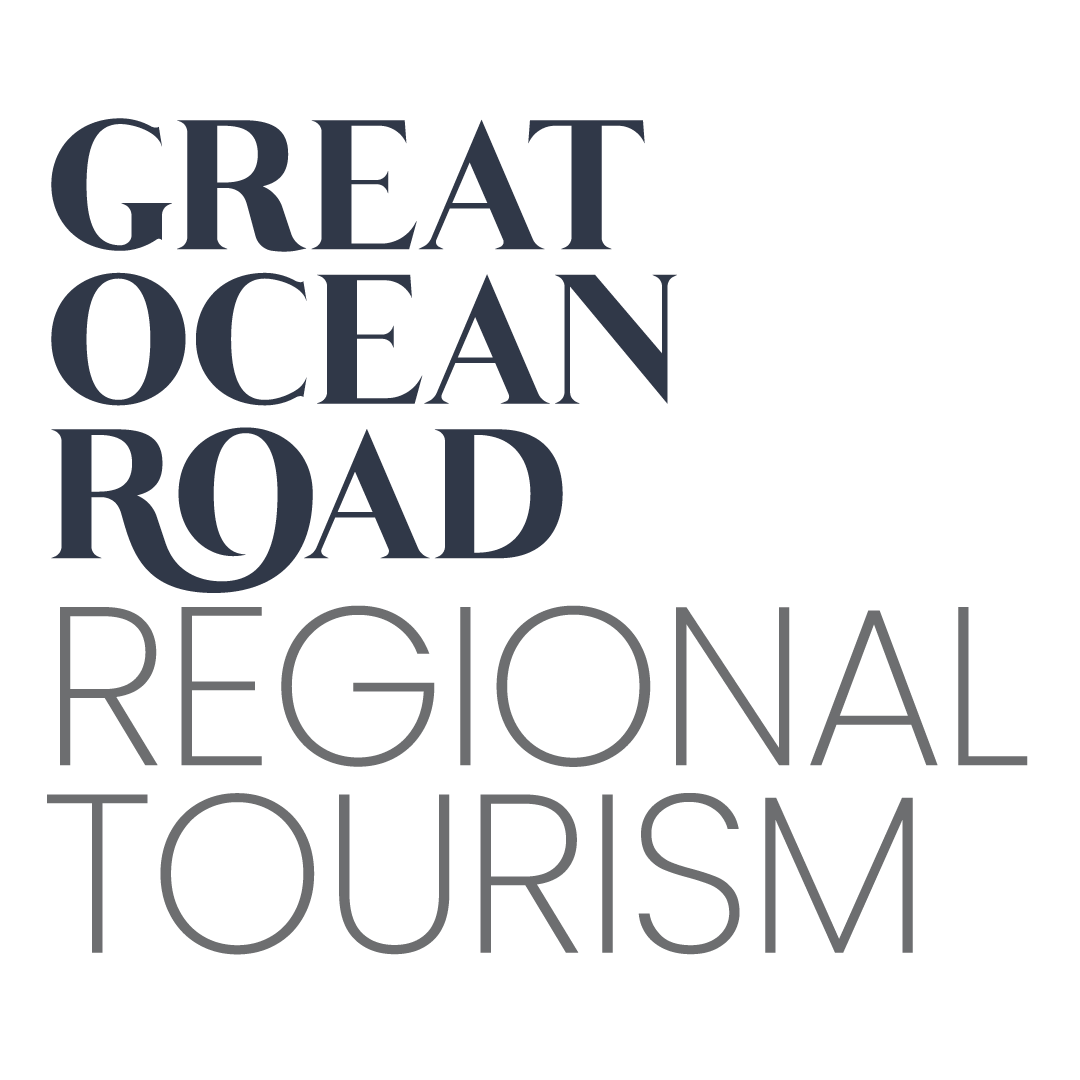
Responsible Visitation
Great Ocean Road Regional Tourism promotes responsible visitation. Responsible visitors ensure their behaviour and actions does not negatively impact the landscape, the wildlife in their own habitat, the community where they are visiting and other visitors enjoying the region.
Responsible visitation keeps everyone safe including visitors, wildlife and the community, and contributes to a positive visitor experience.
In 2024, GORRT worked collectively with local government, the state government, parks Victoria and the Great Ocean Road Coast and Parks Authority to develop and share a new campaign, which aims to mitigate some fo the negative behaviours that cause the most impact to our environment and our communities.
View the Stay Safe Travel Happy website here, or download the stakeholder toolkit to access and share the content yourself below.
Challenging visitor behaviour
- Trespassing on Private Property – residential and rural, including biosecurity hazards
- Wildlife interaction – people approaching, touching, chasing and feeding native wildlife
- Littering
- Getting too close to cliff edges or underneath unstable escarpments
- Venturing over barriers and off designated trails and paths, damaging landscape and potentially getting lost
- 2p’s in public (defecating)
- Drones in National Parks without permits, near airfields, and over private property
- General disrespectful behaviour toward others
- Lack of planning, booking ahead or regard/awareness of safety and emergency warnings
What we can do as locals
Make Responsible recommendations
Send visitors to locations that have the appropriate infrastructure to support visitation – Sending people off the beaten track could result in them being lost in areas where there is no mobile service and they are unfamiliar with the local conditions – this could increase the workload of our emergency services often local volunteers, draw them away from their families and compromise their safety and security. Designated trails and lookouts are located in safe areas that can be accessed by emergency services. Straying from paths can cause irreparable damage to the ecology and habitat of local wildlife, and can change the landscape in adverse ways. Find out more from Parks Victoria.
Do not recommend wildlife viewing on roads or on or near private property – suggest walks within National & State Parks where viewing is more likely. Tower Hill is great for spotting koala, kangaroo and emu and commercial attractions like Wildlife Wonders provide an educational experience about native animals and their habitats.
Please do not encourage interaction with or feeding wildlife
Explain the potential risk to both the visitor’s and the animal’s safety when people get too close. People should keep a safe distance and never approach, harass or feed an animal in the wild.
Discourage any interaction with farm animals
Biosecurity is a real threat to our agriculture industry. While farm animals can seem photogenic or approachable, in no circumstance should anyone trespass on a farm.
Be conscious of beach and water safety, and recommend patrolled beaches only for swimming
Don’t send people to secret swimming spots. You do not know what their swimming ability is. Always recommend patrolled beaches.
Minimise waste – consider packaging
For hospitality businesses – promote keep cups and consider offering a slight discount to those who don’t need a single use cup. Offer free water refills, and avoid selling drinks in single use plastics that are unlikely to be recycled. Consider selling reusable cups and items to encourage reduction of waste. Choose cardboard, easily compact-able food packaging over heavy boxes that are hard to break down.
In accommodation, provide a bin for recyclable waste, and reduce the use of portioned soaps and shampoos by using refillable containers in rooms.
Showcase local producers and artisans and encourage visitors to seek out local product and sample the local fare. A healthy sustainable tourism industry is one where all businesses and suppliers are economically viable. Support each other.
Be Responsible with Social media
Only post pics and tag locations at places that are accessible to the public. Everyone is an influencer on social media, and the last thing we want is for something we post to have unintended consequences, and cause harm to people or the environment. Showing secret spots is a way to encourage others to go to them and potentially put themselves at risk. Showing photos taken from over barriers near cliffs is inappropriate. There are plenty of beautiful locations in our region that are safe, where amazing images can be captured. Posting pictures of people with wildlife should show them at a safe distance, and certainly not feeding them. For guidance on what is responsible to promote you can refer to the content guidelines we use for filming and photography.
Provide assistance to guests on travel times and routes to avoid
If you are an accommodation business, or offer a bookable experience, you have the opportunity to communicate key information to visitors before there visit with the contact details they provide you. Depending on what is relevant to your location, you can provide advice on things like the best route to get to your location, provide links to access victraffic and vicemergency if severe weather conditions are predicted, and helpful things like suggested stops on the way to enhance their experience. You can encourage them to use the Trip Planner on our website to plan stops on the route.
To help visitors navigate to you, especially international or interstate visitors that may not be familiar with the road names, use the road numbering system so there is no confusion. For example: Travel the M1, turn left on to C151
People not used to driving on regional roads are often unfamiliar with distance between locations and not used to driving for long periods of time. You can refer to TACs pause stop campaign, which encourages people to stop often and at Accredited Visitor Information Centres
Encourage people to visit an Accredited Visitor Information Centre for more ideas and advice while on holiday
Positive messaging
Visitors are integral to the success of our businesses, so it’s important to ensure our advice is provided to enhance their experience and doesn’t diminish it. Advice should try to be positive, and come from a place that aims to improve an experience, rather than preach rules.
Share a link to our Visiting Responsibly content page in your email signature on your website or post via social media http://visitgreatoceanroad.org.au/plan-your-trip/visiting-responsibly
We welcome Visitors, we want you to come and to be our guest. Enjoy the diverse landscapes, incredible wildlife and diverse range of activities on offer – which all play a part in connecting people with nature and the great outdoors. Collectively, we have a responsibility to look after our wildlife and protect and nurture the natural environment we live and work in. Let’s make sure we play our part in saving our beautiful planet so that the next generation can enjoy it as we have.
We want visitors to be safe, we want to keep our community safe and we want to manage and protect the impact on the place we love and call home.
Plan and book to get the most out of your trip.
Check local conditions and be informed about current conditions. Weather, tide times, fire danger, water conditions, road conditions. Do not rely on google. Use official sources of information. Vic Emergency App, Victraffic, Parks.vic.gov.au
Viewing wildlife is never guaranteed. You are traversing their natural habitat so be always on the look out. If you find wildlife, watch from a distance quietly. Don’t feed them, you can make them ill, make them reliant on humans which potentially lead to aggressive behaviour.
Shop local, it supports local businesses and the local economy and can ensure you enjoy the best products of our region.
Don’t try and cram everything into one trip, stay longer or return again to enjoy more of what the region has to offer.
Allow time to enjoy your trip. I promise that if you slow down and spend more time in fewer locations, you will feel more deeply connected with the areas you visit. You can still do a lot and experience different things, but you can also have a more positive impact on the region you stay in.
Check the green credentials of the experiences you enjoy.
Seek out and respect the deep culture of our traditional owners. The land of the Waddawurrung, Eastern Maar and Gunditj Mara peoples.
Enjoy local tours and experiences. The small businesses you see across our region providing accommodation, food, surfing, bikes, kayaks, etc are locals. We would love to be able to offer more experiences. Your support helps us to keep these businesses sustainable and viable all year round.
Summer is a great time to visit however it is the time we are at our busiest. We would love to welcome you back in the quieter months and share with you the beauty of our region all year round. If you are here in Summer be patient and mindful. Allow extra time to travel and be prepared to sometimes have to wait.
